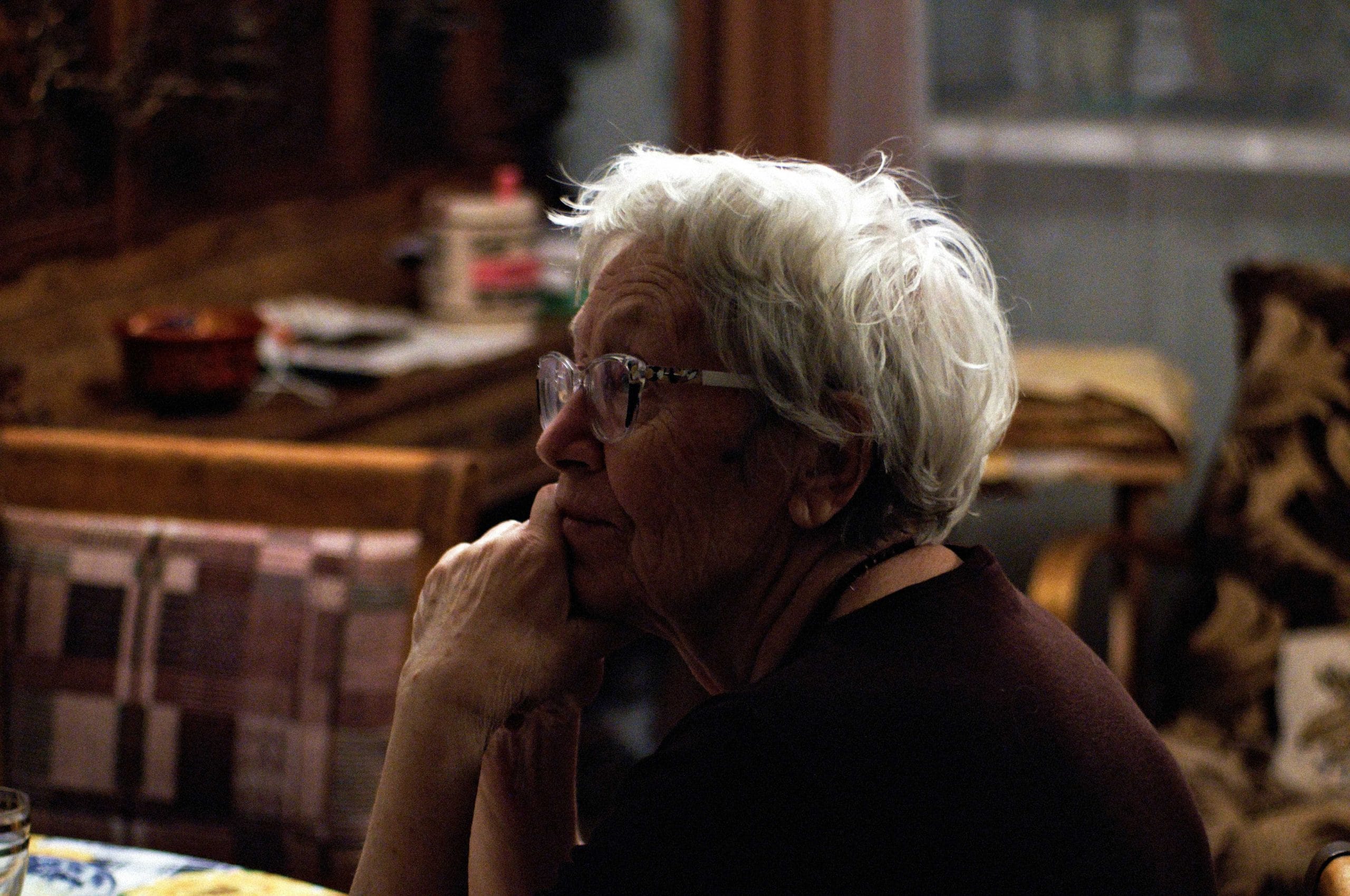What is High-Functioning Depression?
Although the Diagnostic and Statistical Manual of Mental Disorders (DSM-5) does not technically recognize high-functioning depression as a mental disorder, most mental health professionals acknowledge that there are people who maintain an appearance of regulated mood in several areas of their lives while suffering from depression. It is this hidden and often overlooked aspect of high-functioning depression that can make it hard to diagnose. Symptoms of High-Functioning Depression The symptoms of high-functioning depression can go unnoticed as the person seems to be in control and manages their daily life and responsibilities. They still go to work or school daily, care for their family, and socialize. Yet, people with high-functioning depression push through to the point that their physical bodies may manifest external signs that something is amiss. The following are common symptoms of high-functioning depression. Loss of Interest in Enjoyable Tasks Depression brings with it a loss of interest in the enjoyable activities one held in high regard in the past. Whether they feel too tired or simply disinterested, people with high-functioning depression may show up but not fully engage as they once did. They no longer wake up looking forward to something in their day. They lose sight of their goals. Feelings of Heavy Sadness or Emptiness Persistent sadness and a heavy and deep emptiness are trademark symptoms of depression, but for those with high-functioning depression, they mask their feelings with a smile. Sadness that continues without treatment can lead to suicidal ideations. Unfortunately, masking depression makes it difficult for family and friends to decipher if something is wrong. Often, the person themselves may believe they need to push through and not worry others, so they avoid seeking treatment. Changes in Appetite People with depression may experience changes in appetite, possibly losing or gaining weight. With high-functioning depression, the [...]











